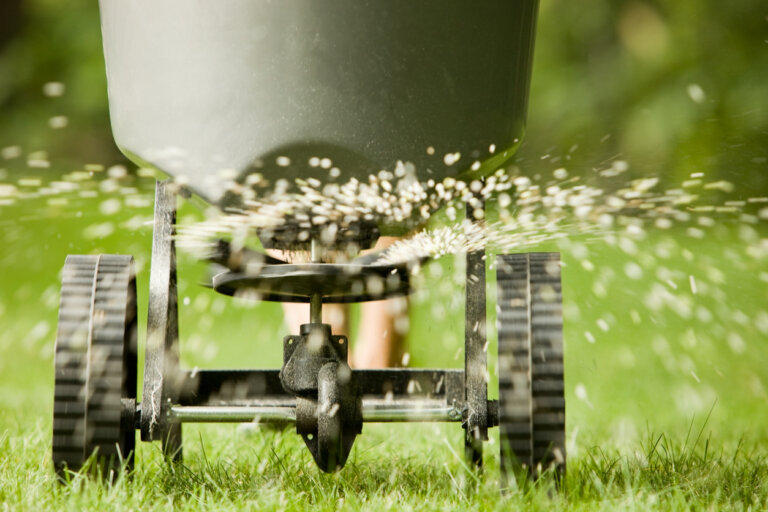Yes, people can sue Monsanto for QuikPro-related cancer. Taking on a mega-corporation like Monsanto will be a challenging battle because they have massive financial resources to pay for their legal defense, but if you developed a type of cancer from exposure to the toxic chemicals in Roundup QuikPro, a toxic torts lawsuit attorney could help you go after compensation for your losses.
How QuikPro Is Different from Some Other Weedkillers
Monsanto developed and manufactured Roundup QuikPro, a highly concentrated weedkiller. QuikPro was not the kind of Roundup that most homeowners used to kill weeds in their lawns. QuikPro, as the name suggests, was for use by professionals in the landscaping and property maintenance fields.
QuikPro did not come already mixed with water. Instead, QuikPro came in a powder form that the landscaping worker had to scoop out of a jug. The powder would get on the worker’s hands and sometimes accidentally inhaled by the worker. The worker would pour the powder into a backpack sprayer and mix it with tap water.
Monsanto’s Claims That QuikPro Was Safe
Monsanto told the landscaping industry that Roundup was completely safe. They even claimed that Roundup was safer than chocolate or table salt. The company told landscapers that they had performed testing on QuikPro to verify its safety, but they actually did not perform those tests on QuikPro.
In fact, Monsanto did not test the actual product as used in long-term carcinogenicity studies on rodents. Also, Monsanto did not do any studies on people who actually used Roundup to see if the chemical compound caused genetic damage to cells called lymphocytes that can mutate to cause non-Hodgkin’s lymphoma. Also, Monsanto did not perform an epidemiological study to see if exposure to the chemicals in the weedkiller caused people to develop non-Hodgkin’s lymphoma.
Chemicals in QuikPro
People often talk about the specific chemical in Roundup that kills the weeds, which is glyphosate, but there are many other chemicals in the weedkiller jug than only glyphosate. Other chemicals in the Roundup QuikPro weedkiller compound include a surfactant that helps the glyphosate adhere to and penetrate the surface of the plant and various contaminants found in the product. Some of these contaminants are known carcinogens.
Also, the chemicals in the QuikPro version of Roundup are strong enough to make about 73 jugs of the premixed Roundup the average consumer would buy at Home Depot or at another retail store for the public. The typical homeowner might not use 73 gallons of Roundup in their lifetime, but a professional landscaper might go through the equivalent of that in QuikPro in a week or two.
Cancer-Related to the Use of Roundup QuikPro
Scientific experts have determined that glyphosate is a Class 2A carcinogen. A carcinogen is something that causes cancer. Contaminants found in Roundup are also known carcinogens. One of the most frequently-associated cancers related to the use of Roundup is non-Hodgkin’s lymphoma.
Legal Arguments in QuikPro Litigation
Plaintiffs argue that Roundup is unreasonably dangerous, that Monsanto knew of the harm their product could cause, and they filed to warn about the dangers of Roundup. Also, they argue that Monsanto was negligent in the design, manufacture, and testing of Roundup QuikPro.
If you believe you were injured by QuikPro, contact our office today to talk to a QuikPro litigation attorney about your case. We do not charge for the initial consultation.

